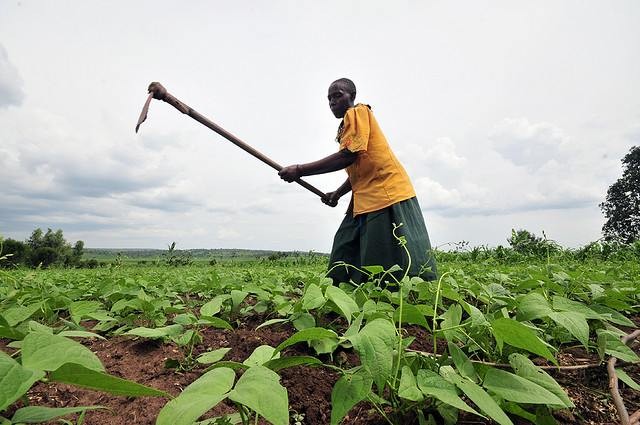
From the West to the South and East to the North parts of Africa, informal sector employs a significant number of people, giving them a means of livelihood. Several reports and statistics indicate that agriculture is the main industry where informal businesses thrive on the continent. Apart from the industry, local manufacturing industry, especially in countries where attention is being paid to indigenous form of production, the industry also employs many Africans.
Our checks show that in both industries, female Africans are more engaged in agriculture than their male counterparts. Despite the government’s failure in quantifying the informal sector as expected by scholars and experts, the sector remains a major contributor to the local economy and invariably to the national economy in many African countries when one looks at indirect taxes being collected from the players and professionals in the sector.
As the debate rages on, some scholars in Africa have put together researches that further reveal the extent to which the sector has been marginalized over the years and possible continuation of the neglect by the concerned stakeholders in the government and non-government cycles if urgent actions are not taken. The researches are recently published in the Journal of African Business, Volume 22, Issue 4 (2021), which was guest edited by Professor Nnamdi O. Madichie and other colleagues in entrepreneurship and business development fields in Africa.
Register for Tekedia Mini-MBA edition 18 (Sep 15 – Dec 6, 2025) today for early bird discounts. Do annual for access to Blucera.com.
Tekedia AI in Business Masterclass opens registrations.
Join Tekedia Capital Syndicate and co-invest in great global startups.
Register for Tekedia AI Lab: From Technical Design to Deployment.
Examination of the editorial of the scholars and articles contributed by others indicate a large call for reengineering processes, people and products/services in the sector towards inclusive and sustainable businesses in Africa. From Nigeria to other countries, cases were made in recognition of the sector in terms of action policy formulation and implementation.
According to the contributors, this is necessary as the continent survival seems to be depended on the sector considering the degree at which it employs many Africans and provide sustainable livelihood. Some of the contributors, specifically made cases for uplifting female entrepreneurs through tailored policies and intervention programmes, most importantly those in the agriculture industry.
Referring to some previous scholars, who have studied the sector, Professor Madichie and other colleagues note that “Firstly, there is a general notion of two sectors of the economy: the private sector and the public sector, neglecting the informal. Secondly, the education systems train students to be employed thus, neglecting self-employment or entrepreneurship.”
Our analyst further notes that since some of the policies and interventions in formal sector are not delivering adequate outcomes, African governments need to do more for the informal sector by moving beyond rhetoric policies creation and implementation when new elections close by. The main thesis, our analyst pinpoints from the contributions to the journal, is that Africa needs informal sector more than the formal sector in its quest for sustainable businesses and economic growth.
As the Guest Editors suggest, the usefulness of the sector in growing ‘the borrowed formal sector’ needs further analysis by academic scholars and independent researchers on the continent. Both the scholars and researchers need to develop more interest in studying strategy, finance, people, process and technology in the sector. These will go in a long way of giving the players and professionals in the sector opportunity to always have access to best practices from the emerging insights.


